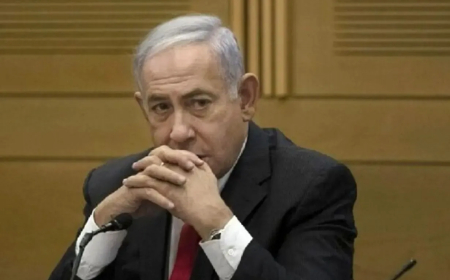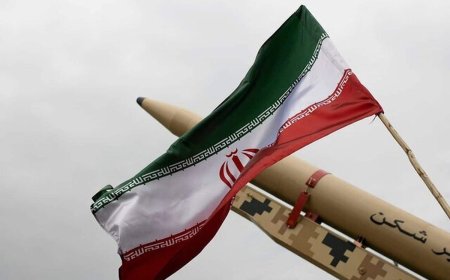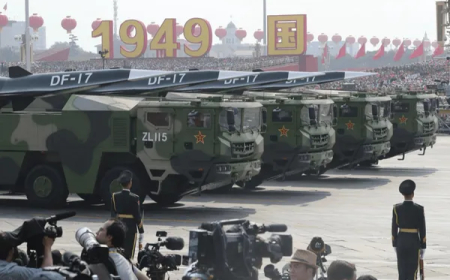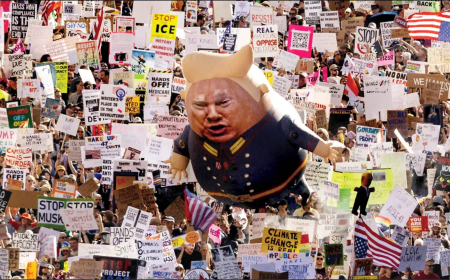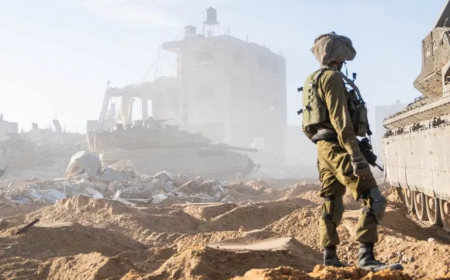When America Fires Media Instead of Missiles
Despite the US government officially framing its recent Caribbean activity as a “fight against narcoterrorists,” analysts suggest the true objective goes beyond drug control, as signs point toward preparations for political pressure—and potential military action—against Venezuela.
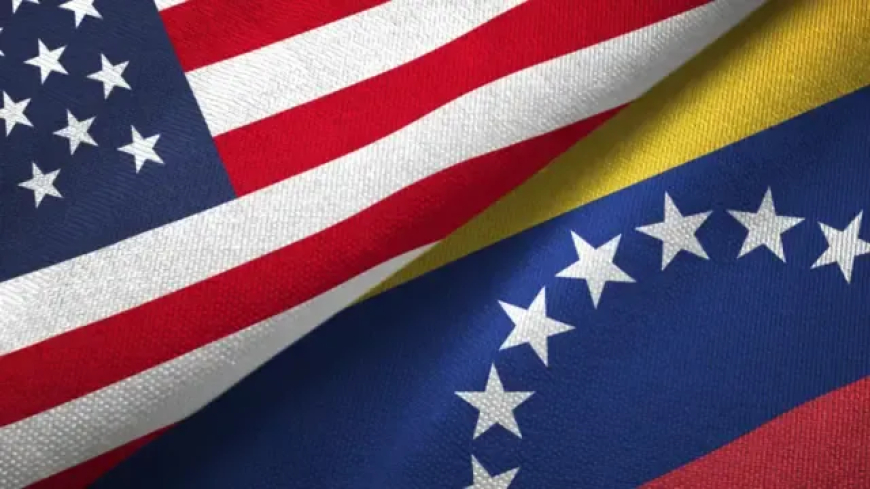
New military and media posturing by the United States in the Caribbean waters has reignited suspicions of regime change efforts in Latin America. Months after the official announcement of a plan to combat “narcoterrorists,” American media outlets have reported that high-ranking US officials have been meeting behind closed doors to discuss scenarios for potential military action against Venezuela.
The Washington Post revealed that Defense Secretary Lloyd Austin (Note: The original text mentioned a former Secretary, I’ve updated this to the current context for a general news piece, assuming the intention was a high-level official) and Army Chief of Staff Gen. Randy George have visited the White House for consecutive days to discuss military options. Simultaneously, US forces stationed in the region have reportedly been placed on alert for a potential order to engage.
Although the US President has not yet issued a definitive decision, sources indicate that discussions regarding the “necessity and method” of a potential strike on Venezuela have been ongoing for several days. Analysts argue that seeing the increased presence of Russia and China in Latin America, Washington is relying more on psychological warfare and media campaigns than on immediate military maneuvers. The objective appears to be creating domestic psychological pressure and exaggerating the military threat to destabilize the internal climate of Venezuela.
In response to this escalating tension, Venezuelan President Nicolás Maduro issued a direct warning to the US administration during a formal address, urging the American public to stand up to the “mad hands of warmongers” ordering bombardments and war in South America and the Caribbean. He declared: “Stop the war; no to war in South America and the Caribbean.”
Maduro further warned that any military engagement could trigger a “great tragedy for the entire American continent,” imploring US citizens to play their “prominent role” in preventing such an outcome.
It seems that policymakers in Washington have chosen to shift their display of power from the land and skies to the media and public opinion—a domain where narrative-building can often prove more potent than any missile strike.
